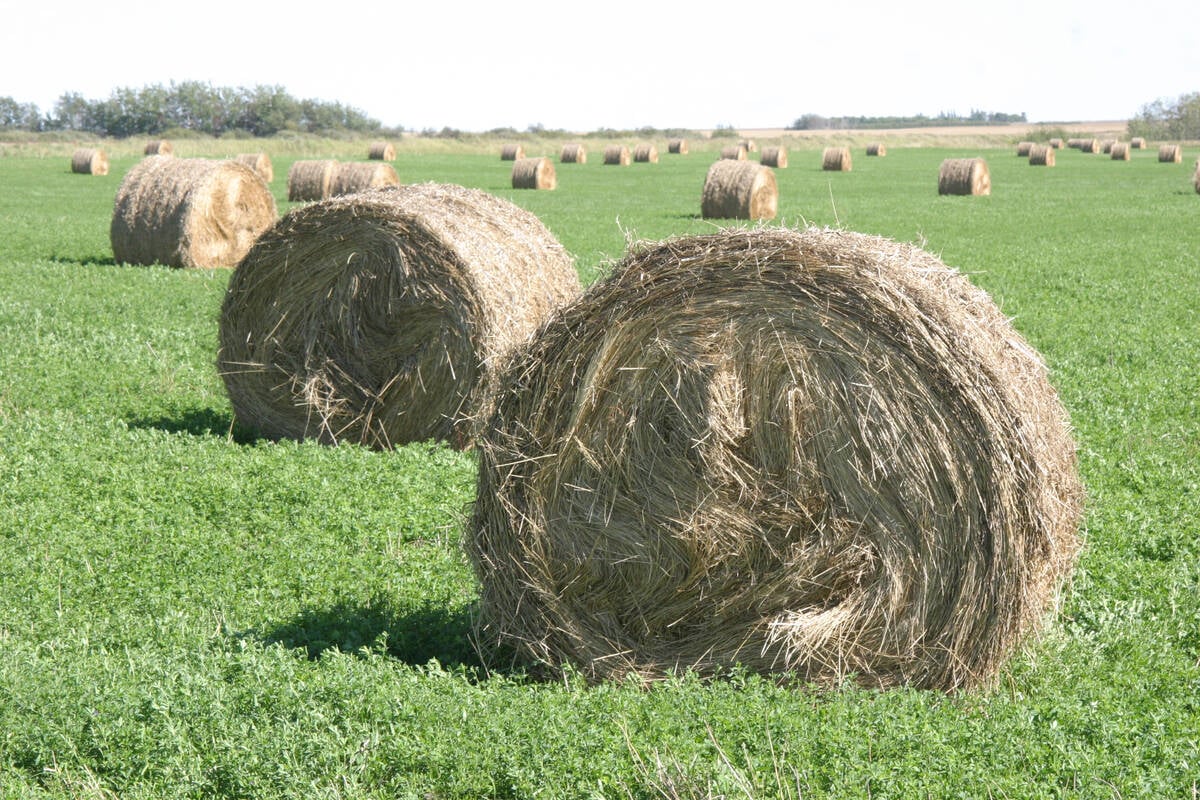EDMONTON – Alberta cattle groups must find common ground or risk missing out on up to $800,000 in levies on imported beef and cattle, says the head of the province’s largest cattle organization.The implementation of an import levy requires that all provinces first contribute to a national beef checkoff. While Alberta was the driving force behind the national checkoff in 2002, the province’s decision to change beef, pork, lamb and potato checkoffs to refundable from non-refundable now puts the import levy in danger.”Alberta soon will be the only province preventing our industry from collecting an import levy on beef and cattle coming into Canada and the only beef exporting jurisdiction in the world that does not have a non-refundable marketing and research levy,” Alberta Beef Producer chair Chuck MacLean said in his report to members during the semi annual cattle meeting.Alberta has spent the past few years lobbying other provinces, including the last two hold outs, Quebec and Prince Edward Island, to start contributing to a national checkoff so that the import levy could begin. Quebec and P.E.I. finally agreed this year, but now Alberta’s national checkoff isn’t mandatory and the province’s cattle organizations can’t agree on how to pay the national checkoff. “The national checkoff is a passion for me,” MacLean said in an interview during the conference.He said it’s his goal to unite Alberta cattle groups on the issue.”I feel pretty confident sooner rather than later we will see a national checkoff started. It’s a huge issue. It’s worth $600,000 to $800,000.”A University of Guelph report found that on average from 2005 to 2008, every dollar invested in marketing and research earned $9 for Canadian cattle producers. Every dollar not put into national programs costs Canadian producers.Dave Solverson of Camrose said the number one priority is to develop a strategy and encourage the provincial government to run a mandatory national checkoff alongside the refundable provincial checkoff.”The ability to collect on imported cattle from the U.S. is now in jeopardy,” he said. “It’s the number one priority for us to identify key MLAs.”Bryan Walton, chief executive officer of the Alberta Cattle Feeders Association, said the organization is in no hurry to rush ahead with a national checkoff.Instead, it wants a two-year waiting period to see how the province’s cattle organizations operate with the refundable checkoff. Walton said the group also wants to research a new governance model that reflects the interests of the producers who contribute to the national fund.He said the feeders association hasn’t shut the door on agreeing to contribute to a national checkoff, but it wants a closer look before offering its rubber stamp.”The ACFA is anxious and willing to play a constructive role, with industry partners, in devising a more contemporary governance model for the industry,” the association wrote after its February business meeting.”The model must also pave the way for a plan that will enable business enterprise to grow the beef industry here and abroad…. It’s also a way of retaining our own identity coming to the table.”Walton said cattle feeders want $2 to go toward a branded beef program to help sell beef offshore and the other $1 split between the newly formed National Cattle Feeder Association and the provincial feeders association.”We’re not big on generic programs,” he said.The provincial government has indicated it wants the industry to solve the problem of a national checkoff and not look to it for a political solution.
Read Also

Breaking down successful winter feeding into six steps
It’s that time of year when it is important to start planning for a cow herd’s winter feeding program. Here are six steps I think are necessary to consider when getting your feed tested.














